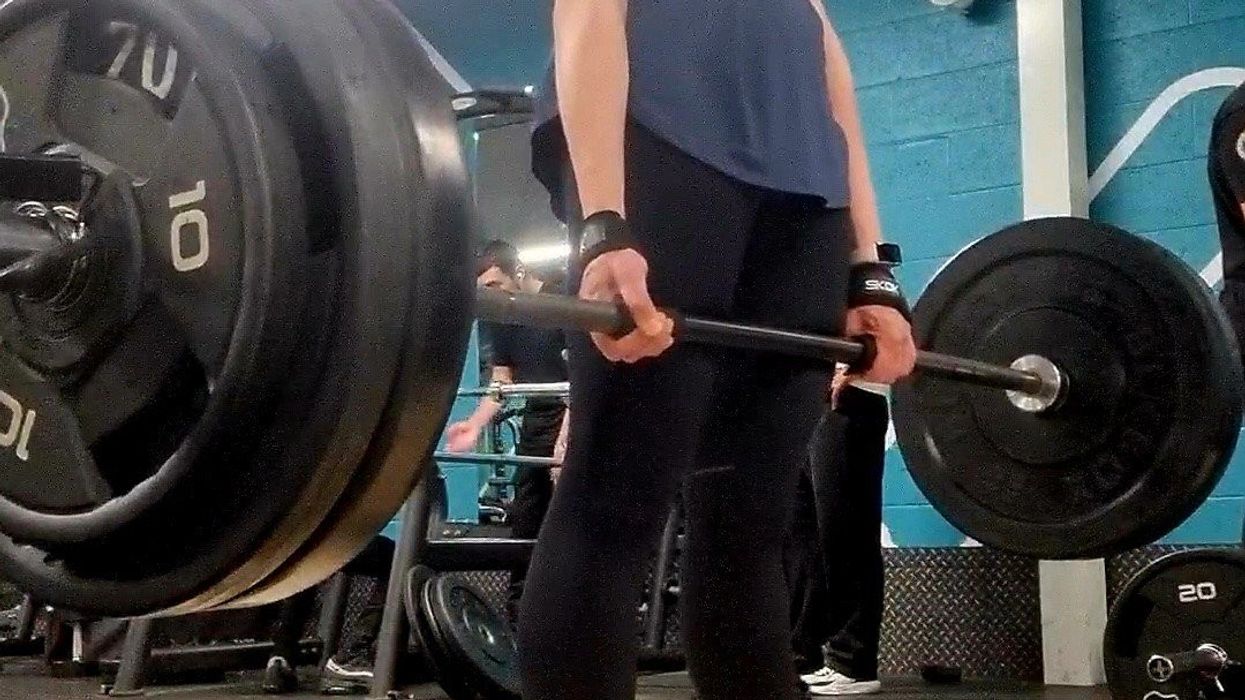LONDON-BASED Nesreen used heavy weights to get stronger, fitter and more confident.
The regular gym goer spoke to Eastern Eye about how lifting heavy weights helped her physically and mentally. She provided key advice for females wanting to start their weightlifting journey.
What first got you interested in fitness?
It was mainly for health reasons. I was stuck for years in a strict diet approach for weight loss, but decided to do something different to get a better result. I am so grateful I did.
What do you most like about weightlifting?
It is the most rewarding type of training. The more you put in, the more you get out of it. It is literally a challenge between myself and the bar with no limits.
How has it helped your physical health?
Lifting weights has proved how strong I am as a person. The struggle to lift that weight one day, followed by the feeling of success when I manage to achieve a new personal best is amazing. At the end of each training session, the endorphins spike and I get that priceless feeling of euphoria and satisfaction of completing my daily task.
What about the mental benefits of weightlifting?
The focus I require during any weightlifting session provides me with a mental break from my daily stressors, leaving me with mental clarity and it also reduces my anxiety. I can say I now definitely cope better with stress and challenges. Also, during my fitness journey, I’ve met the most incredible people. The beauty of connection and mutual support between fitness enthusiasts is fantastic.
How do you feel being stronger?
What an amazing question. Being stronger has led to a range of positive emotions and psychological benefits, for sure. The list is huge, but I can say it increased my confidence. Believing in my capabilities and being healthier are the main benefits. Now, my hobbies are more enjoyable and less physically taxing – how amazing is this. Of course, my future self will thank me for the muscles I am building now.
Tell us about that.
As we know, as women age, our bone density can naturally deteriorate, but if we keep up with strength training, we can actually reverse that and help generate bone growth. So, it is a win-win. If more women knew this, we would be much more inclined to start weight training sooner.
What advice would you give those wanting to start lifting weights.
My quote of life is "The greatest wealth is health". Be consistent. Nothing changes overnight. It is a long challenging, journey, but doable. Fitness is a huge world, so dive into it. Never say, ‘I can’t do it’, just think, ‘I have not done it yet’. Know your goal, put a plan together, stick to and I guarantee you will achieve any goal, in no time.
Do you have a final fitness tip?
I encourage everyone to engage with others in the gym and be part of the fitness community. With time you will create meaningful connections and enjoy a more rewarding gym experience.




